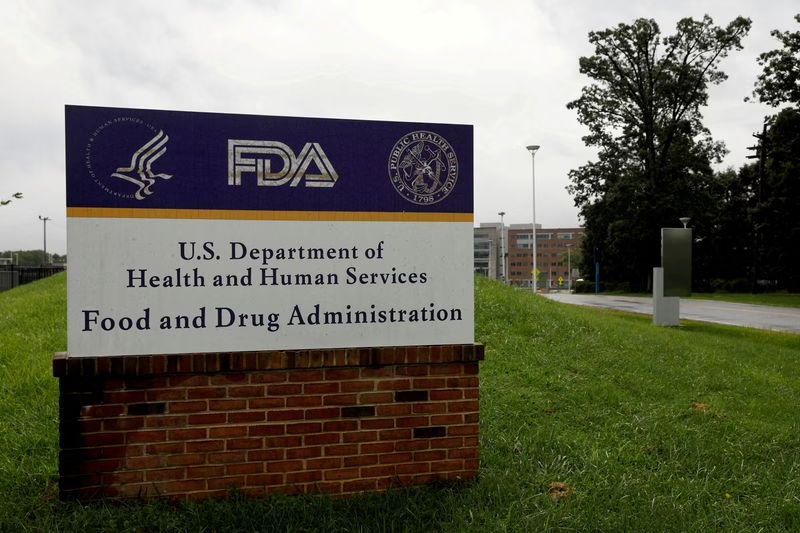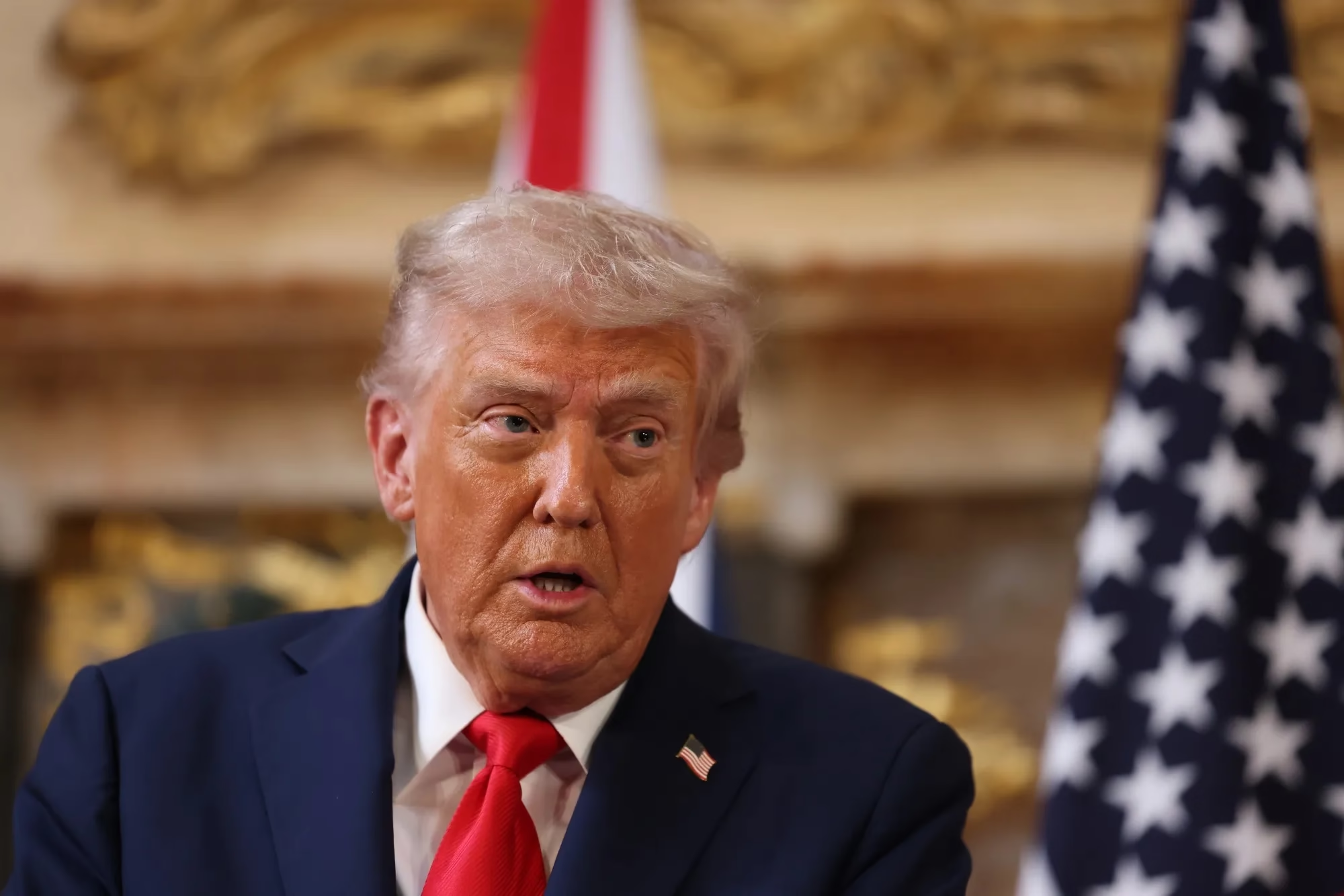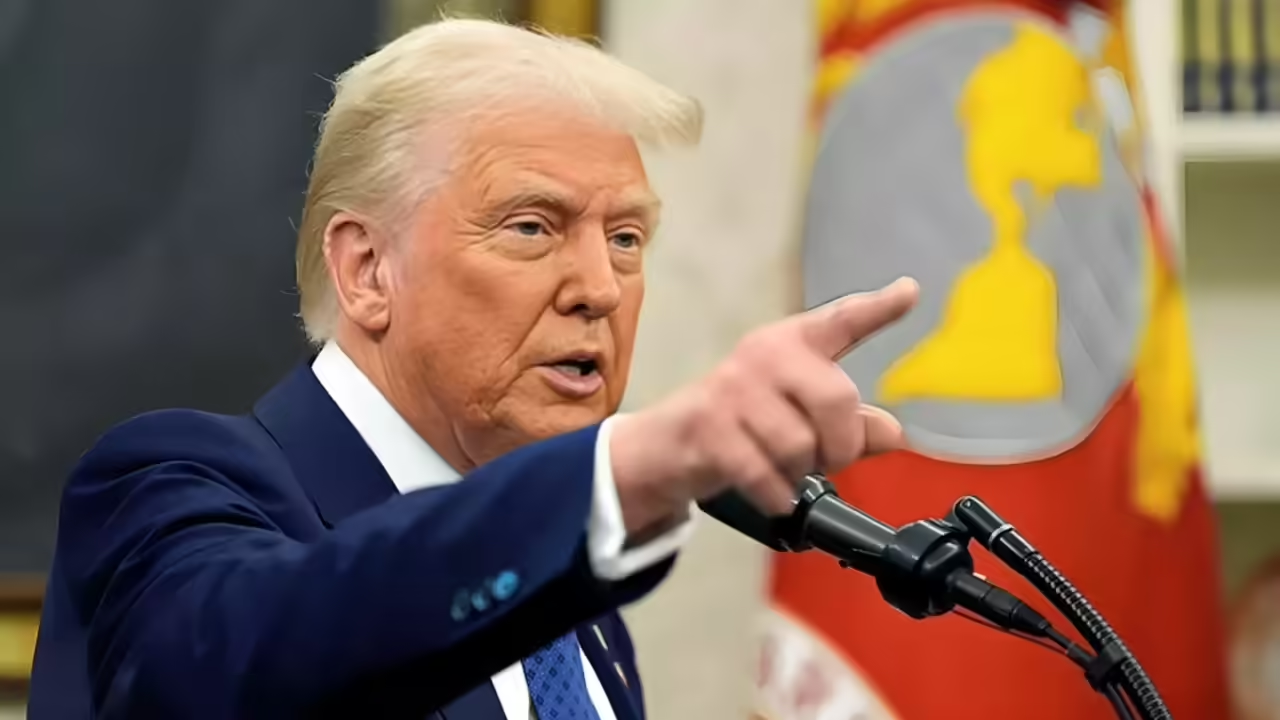May 6 – The Trump administration last week abruptly canceled a scheduled bargaining session with the U.S. Food and Drug Administration’s largest union, according to union officials, reigniting concerns over transparency and labor rights amid sweeping layoffs at the agency.
The meeting would have marked the first formal negotiation between the FDA and the National Treasury Employees Union (NTEU) since a federal court temporarily restored the union’s right to represent FDA employees. The union says the Department of Health and Human Services (HHS) called off the five-hour virtual meeting just a day before it was set to occur, providing no explanation and failing to reschedule.
NTEU Chapter President Anthony Lee said the union had prepared a multi-page list of proposals focused on recent mass terminations, severance concerns, and other employee issues. “We had maybe four or five pages of proposals to discuss during the meeting,” Lee said.
President Donald Trump in March issued an executive order stripping collective bargaining rights from federal agencies deemed to have national security functions. The order applied to the FDA and several other departments, including Justice, Defense, and Veterans Affairs. That move was temporarily blocked on April 25 by U.S. District Judge Paul Friedman, pending the outcome of an NTEU lawsuit challenging the order. The administration has appealed the injunction.
Health Secretary Robert F. Kennedy Jr., as part of a broader restructuring of federal health agencies, directed the FDA to lay off 3,500 employees in March. HHS reported that 20,000 of its 80,000 workers have exited via layoffs, buyouts, or early retirements under a campaign led by Elon Musk’s Department of Government Efficiency.
Union officials argue that the layoffs violated both their contract and federal labor law, which require agencies to engage in good-faith negotiations over employment conditions. The canceled meeting, scheduled by HHS on April 23 for May 2, was intended to address these concerns. A separate union meeting covering non-bargaining agreement issues was also canceled that day.
Labor experts say such cancellations may be part of a broader strategy.
“Until a court finds that an employer is acting in bad faith, stalling can be a tactic to weaken or delegitimize a union,” said Lee Adler, a labor attorney and lecturer at Cornell University.
Samuel Estreicher, director of NYU’s Center for Labor and Employment Law, noted that the administration may be avoiding negotiations until the appeal of the April 25 injunction is resolved.
Some FDA employees who were previously laid off, including staff involved in user fee programs that fund drug reviews, have reportedly been asked to return to work. Despite the turmoil, no further bargaining sessions between HHS and the union have been scheduled, according to Lee.
HHS and the FDA declined to comment on the matter.
Contributing Reuters.



